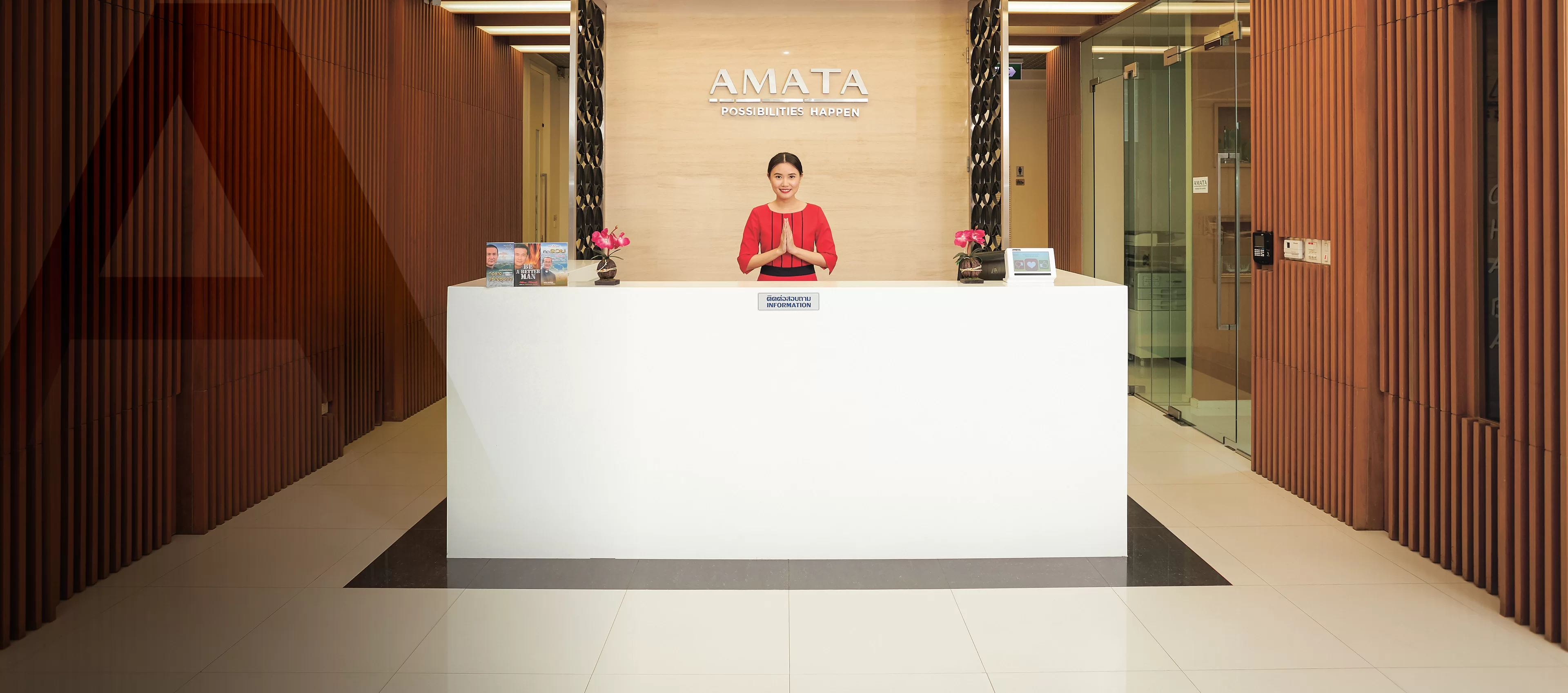Thriving Industrial Estates in Thailand
Thriving Industrial Estates in Thailand
Blog Article
The Rise of FACTORIES IN THAILAND
Thailand has long been a hub for industrial development, attracting both local and international investors. Over the years, the country has established itself as a major player in the manufacturing sector, with Factories in Thailand producing a diverse range of goods, from automobiles and electronics to textiles and consumer products. This steady growth is supported by the government’s investment-friendly policies, infrastructure development, and strategic location within Southeast Asia.

Foreign investors see Thailand as a promising destination due to its skilled labor force and competitive production costs. Several global brands have set up manufacturing units, leveraging Thailand’s extensive supply chain and efficient logistics network. The country’s commitment to technological advancements and automation further enhances its industrial sector, ensuring steady economic progress.
The Role of INDUSTRIAL ESTATES in Economic Growth
One of the key factors driving Thailand’s manufacturing success is the development of well-planned industrial estates. These estates provide businesses with ready-to-use facilities, advanced infrastructure, and essential utilities that streamline operations. They are designed to support industries such as automotive, electronics, petrochemicals, and food processing.
Strategically located near major ports, airports, and transportation hubs, industrial estates in Thailand offer businesses seamless connectivity, making imports and exports more efficient. Investors benefit from tax incentives and regulatory support, further enhancing the appeal of setting up manufacturing units in these designated zones.
Leading Industrial Hubs in Thailand
Several prominent industrial estates in Thailand cater to a broad range of industries. The Eastern Economic Corridor (EEC) is a prime example, featuring world-class infrastructure aimed at boosting high-tech industries. This region hosts several multinational corporations, contributing significantly to Thailand’s GDP.
Apart from the EEC, major industrial zones like the Amata City Industrial Estate, Hemaraj Industrial Estate, and Map Ta Phut Industrial Estate continue to attract investments. These estates offer state-of-the-art facilities, sustainable solutions, and an investor-friendly environment, making Thailand a preferred destination for industrial expansion.
Sustainable Manufacturing and Future Prospects
Thailand is embracing sustainability in its industrial growth, promoting eco-friendly manufacturing processes and green energy solutions. Several Factories in Thailand are integrating renewable energy sources, waste management systems, and water conservation techniques to minimize environmental impact.
The future of Thailand’s industrial sector looks promising, with ongoing advancements in digital transformation, automation, and smart manufacturing. The government’s support for Industry 4.0 initiatives ensures that businesses remain competitive in the global market.
With its strong industrial base, Thailand continues to be a top choice for manufacturers and investors worldwide. The development of modern Industrial Estates plays a crucial role in fostering economic growth, innovation, and sustainability. Report this page